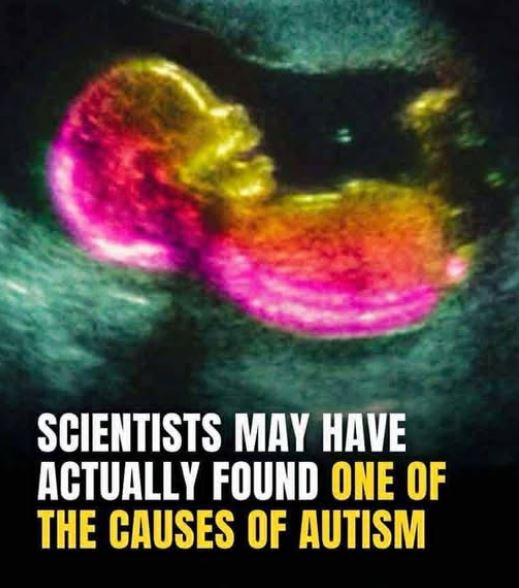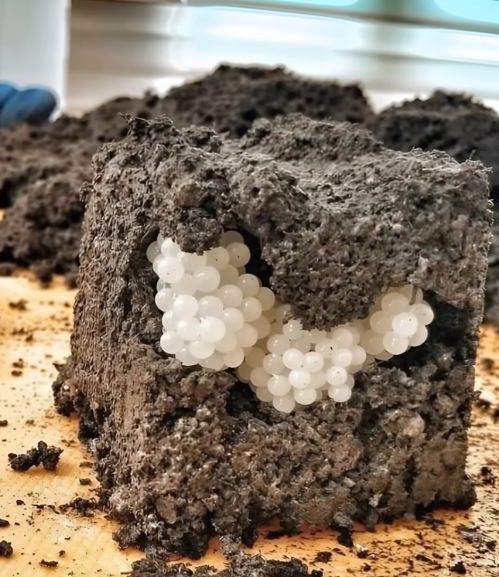The human microbiome is now recognized as a cornerstone of health, influencing everything from our mood to our metabolism. The latest frontier in this field explores its profound impact even before birth, suggesting that a mother’s gut bacteria may help shape her child’s neurological future. A pioneering study is shedding light on this critical window of development, investigating how the maternal gut microbiome might influence the risk of autism spectrum disorder (ASD) through complex immune signaling.
The research focuses on a key immune molecule: interleukin-17a (IL-17a). Under normal circumstances, IL-17a is a defender, mobilizing the immune system against pathogens. However, during pregnancy, the story may become more complicated. The study proposes that certain compositions of gut bacteria can over-activate this immune pathway, leading to elevated levels of IL-17a. This immune activity, in turn, may cross the placental barrier and interfere with the delicate process of fetal brain development.
The experimental approach was meticulous. Using mouse models, the research team demonstrated that mothers with specific gut bacteria that provoke a strong IL-17a response were more likely to have offspring exhibiting autism-like behaviors. The causality was firmly established through two key interventions. When IL-17a was blocked, the neurodevelopmental effects were prevented. Furthermore, when gut bacteria from resistant mothers were transferred to susceptible ones, the offspring were protected, solidifying the microbiome’s role as a primary factor.
While these findings are transformative, the researchers caution that leaping from mouse models to human applications is a significant step that requires much more study. The complexity of the human microbiome and the multifactorial nature of autism mean that IL-17a is likely just one piece of a much larger puzzle. Nevertheless, this work fundamentally expands our understanding of the gut-brain axis, stretching its influence back into the womb. The future of this research is promising, aiming to identify specific probiotic or nutritional strategies to support optimal maternal gut health. This isn’t about finding a single cause for autism, but about empowering maternal health as a powerful tool for promoting optimal neurodevelopment from the very beginning.


